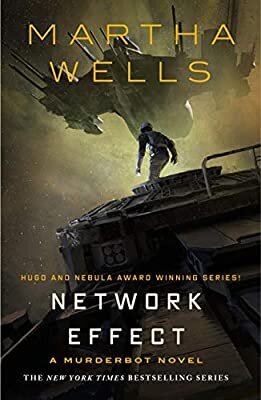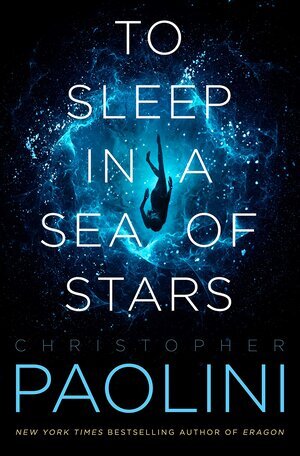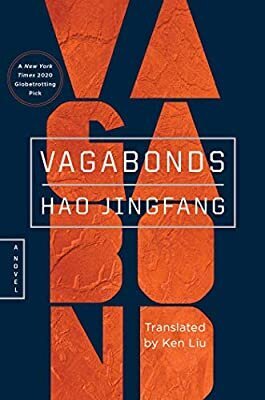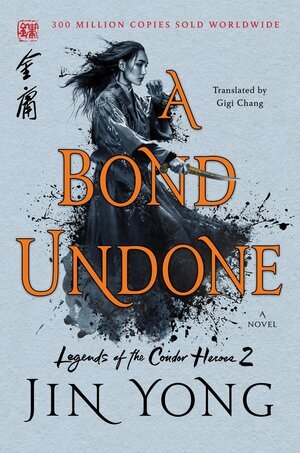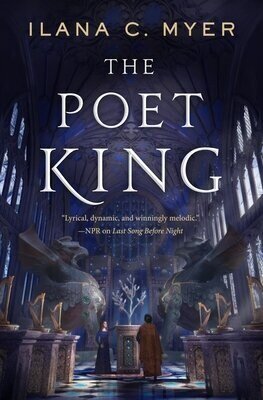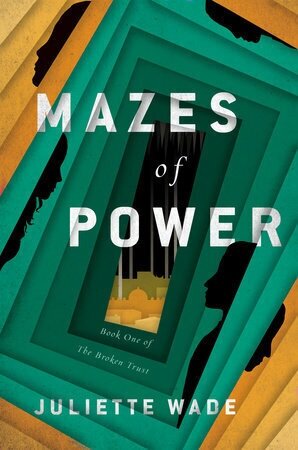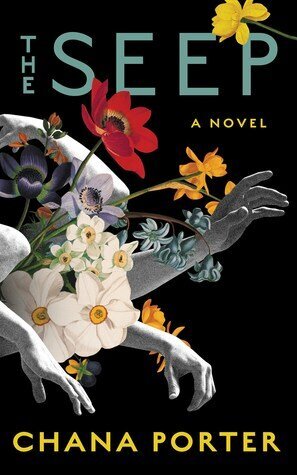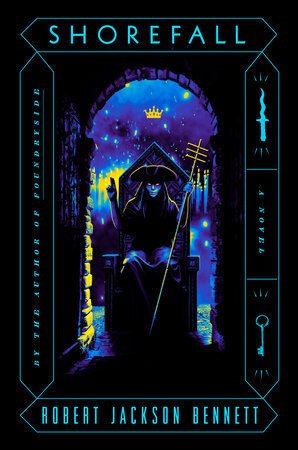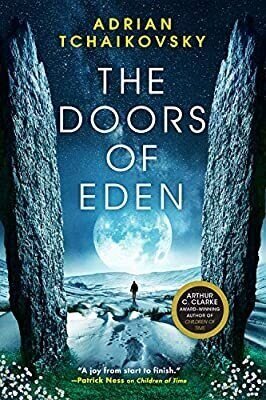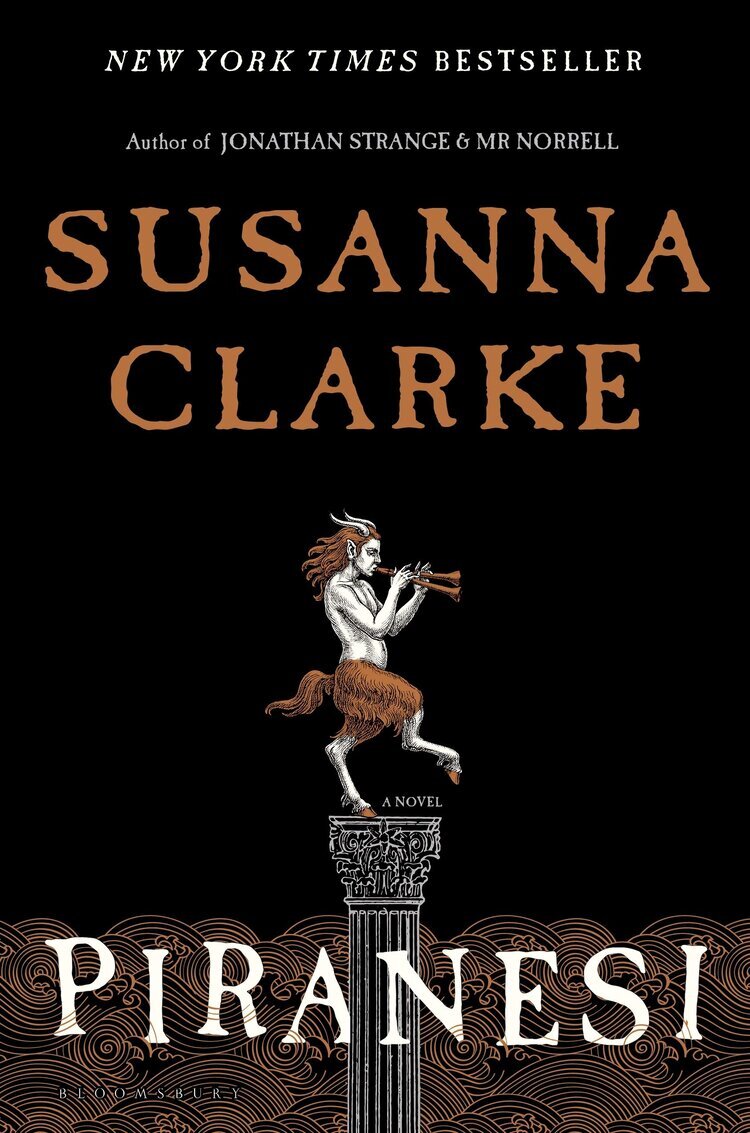The Best Books of 2020: Science Fiction & Fantasy!
/As we’ve noted in some other categories, so too with science fiction and fantasy: the categories themselves feel almost vindictively personal. How many science fiction novels in particular have featured a deadly, unknown plague sweeping through the land, sickening and killing millions of people while the citizens of the American heartland steadfastly insist none of it is actually happening (sorry - that last detail just seemed to add itself)? But even given the daily headlines, there were standout books, and these were the best of them.
10 Network Effect by Martha Wells (Tor.com)
I was slow coming to the Murderbot stories of Martha Wells and, thanks to my dislike of some of their earliest champions, even slower to love them as all sci-fi readers do. This delightful volume, the first full-length novel in the series, is what finally prompted me to own up to how much I love these stories.
9 To Sleep in a Sea of Stars by Christopher Paolini (Tor)
This massive volume about a brave interplanetary explorer in an impossible situation was one of my biggest reading surprises of the year; since it was written by the young author of the “Eragon” novels, and since those novels were decidedly pedestrian, I was ready to be disappointed by this doorstop - and instead found it totally absorbing.
8 Vagabonds by Hao Jingfang (translated by Ken Liu) (Gallery/Saga Press)
The basic story here - a group of young people caught in the flashpoint of tension between Earth and the human settlers of Mars - is deceptively simple, and Hao Jingfang (smoothly rendered into English here by Ken Liu) very entertainingly complicates things into a culture-clash classic.
7 A Bond Undone by Jin Yong (St. Martin’s)
The “Legends of the Condor Heroes” series continues in this second volume (ably translated by Gigi Chang), which focuses on the character Guo Jing in ways that deepen what is clearly this author’s chief skill, the smooth blending of fantasy and epic elements into a story that feels daringly intimate.
6 The Poet King by Ilana C. Myer (Tor)
This third volume in Ilana Myer’s “The Harp and Ring” sequence uncannily avoids all the predictable pitfalls of late additions to books-in-series; it continues the narrative’s stories of toppled kings and a world in turmoil but always feels freshly independent - no mean feat on Myer’s part.
5 Mazes of Power by Juliette Wade (DAW)
All the elements of this debut novel - an unlikely teen protagonist, a struggle for power against impossible odds, the fate of a family and a kingdom at stake, etc. - are so depressingly familiar that Juliette Wade’s sheer panache in breathing life into the whole thing gives the impression of being doubly impressive.
4 The Seep by Chana Porter (Soho Press)
Another deeply impressive debut novel, this story by Chana Porter mixes an intriguingly flawed main protagonist with a perfectly-realized imagining of an alien invasion that’s accomplished so subtly that it’s the furthest thing imaginable from attacking spaceships - and yet far more frightening.
3 Shorefall by Robert Jackson Bennett (Del Rey)
This second volume in Robert Jackson Bennett’s “Founders” trilogy is even more gripping and thought-provoking than its stunning predecessor, 2018’s Foundryside, which duly made our list back then. Bennett’s world of “scriving” magic (which, much like elementary school teachers, gives sentience to inanimate objects) is opulently involving.
2 The Doors of Eden by Adrian Tchaikovsky (Orbit)
The disappearance of a young girl on a moor, a grim but provincial bit of real-world tragedy, kicks off this incredible novel that takes one of sci-fi’s wooliest gimmicks - alternate, quasi-parallel worlds - and remakes it into something both immensely interesting and complexly threatening.
1 Piranesi by Susanna Clarke (Bloomsbury)
The premise of this slim new novel from the author of Jonathan Strange & Mr Norrell likewise has a simplicity that seems direly conjured by the cursed year 2020: a man never leaves his house. But the thing that makes this the best SFF book of the year is the delicate, powerful beauty with which Susanna Clark first describes and then destroys that premise. Even more impressive than its big predecessor.

